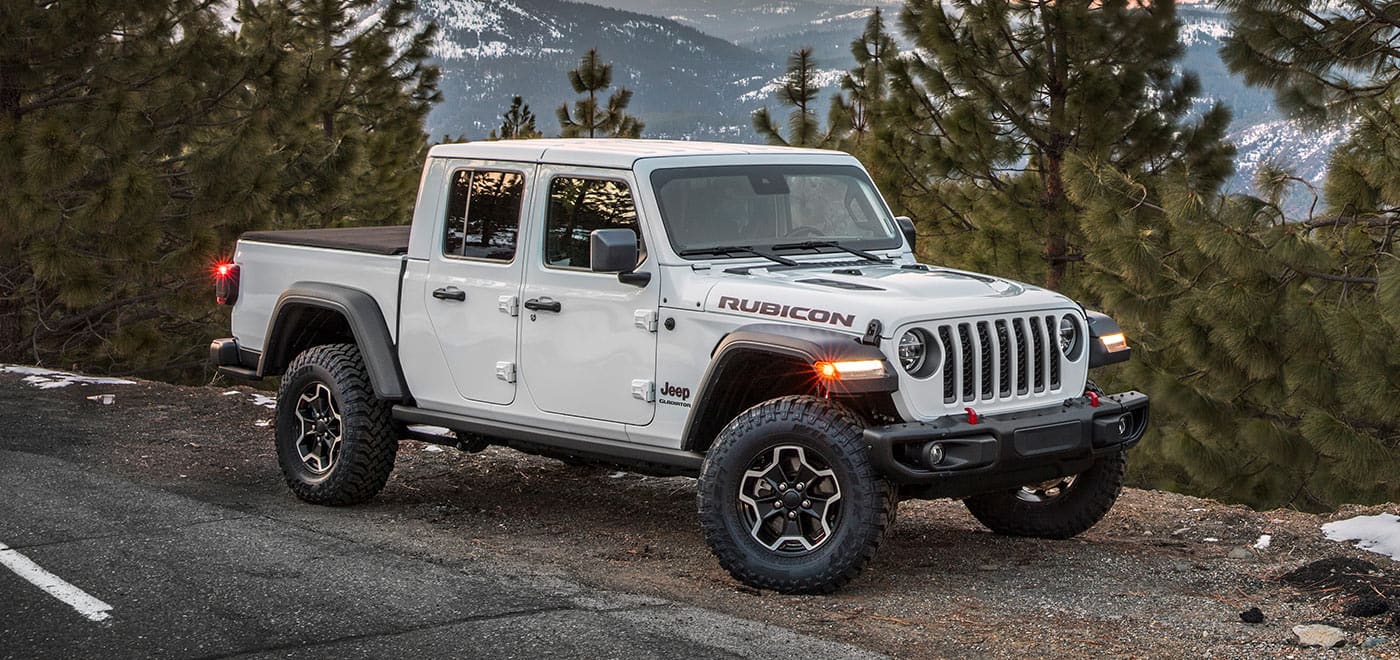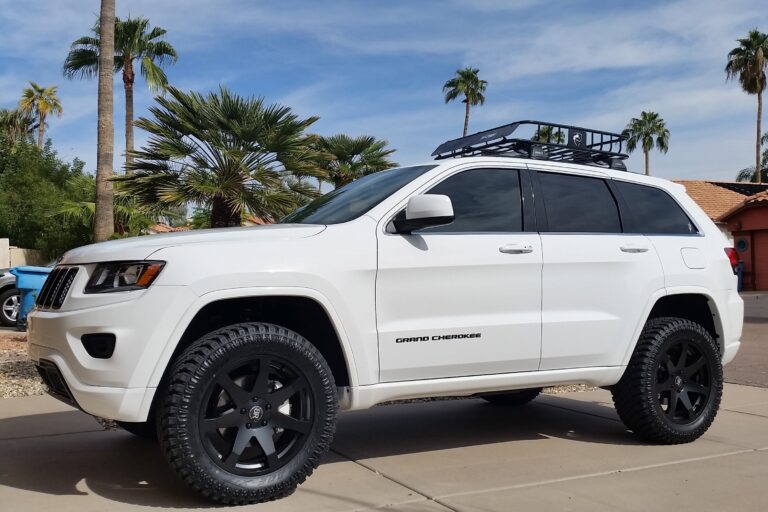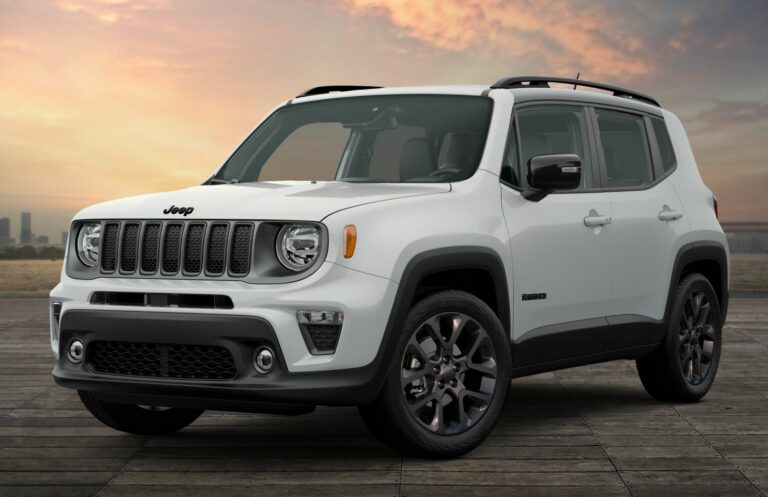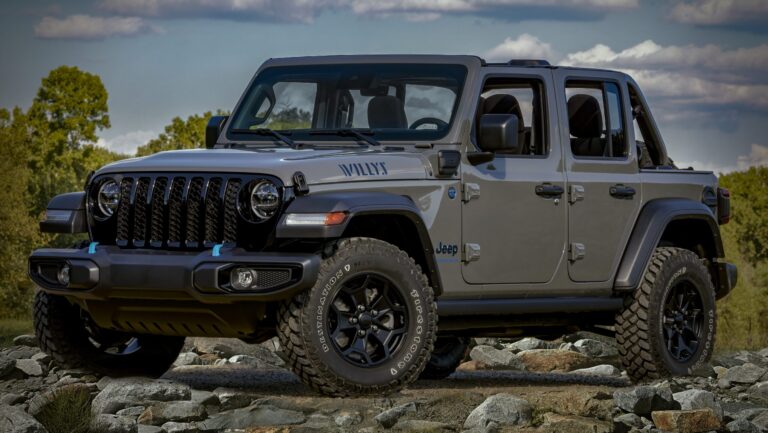Jeep XJ Wheels For Sale: A Comprehensive Guide to Upgrading Your Iconic Cherokee
Jeep XJ Wheels For Sale: A Comprehensive Guide to Upgrading Your Iconic Cherokee jeeps.truckstrend.com
The Jeep Cherokee XJ, a legendary SUV produced from 1984 to 2001, remains a beloved vehicle for its rugged simplicity, capable off-road prowess, and timeless design. Whether you’re a dedicated off-roader, a daily driver, or a restoration enthusiast, the wheels on your XJ play a pivotal role in its performance, appearance, and overall functionality. Finding the right "Jeep XJ wheels for sale" isn’t just about aesthetics; it’s about optimizing your vehicle for its intended purpose, ensuring safety, and unlocking its full potential.
This comprehensive guide will delve into everything you need to know about sourcing, selecting, and understanding Jeep XJ wheels. From crucial specifications to the myriad of options available, we’ll equip you with the knowledge to make an informed decision, ensuring your XJ stands out and performs exactly how you need it to.
Jeep XJ Wheels For Sale: A Comprehensive Guide to Upgrading Your Iconic Cherokee
Understanding Jeep XJ Wheel Specifications: The Foundation of Your Choice
Before you even begin browsing for "Jeep XJ wheels for sale," it’s absolutely critical to understand the specific measurements that dictate fitment and performance. Ignoring these can lead to rubbing, steering issues, and even safety concerns.
- Bolt Pattern (PCD – Pitch Circle Diameter): This is arguably the most crucial specification. All Jeep XJs utilize a 5×4.5-inch (or 5×114.3mm) bolt pattern. This means there are five lug holes, and the circle on which they are positioned has a diameter of 4.5 inches (114.3mm). Wheels with any other bolt pattern simply will not fit your XJ without adapters, which are generally not recommended for daily driving or heavy off-roading.
- Backspacing: This measurement is often misunderstood but is paramount for tire clearance, steering geometry, and preventing rubbing. Backspacing is the distance from the mounting surface of the wheel (where it bolts to the hub) to the inner edge of the wheel.
- Lower Backspacing (e.g., 3.75-4.5 inches): Pushes the wheel further out from the vehicle, providing more clearance for wider tires on the inner fender and suspension components. This is often desired for larger tires and a wider stance. However, too little backspacing can cause tires to rub on the outer fender flares, especially when turning or articulating.
- Higher Backspacing (e.g., 5-6 inches): Keeps the wheel closer to the vehicle, which can cause wider tires to rub on the control arms or inner fender liners. Stock XJ wheels typically have around 5.25 inches of backspacing.
- Rule of Thumb: For larger tires (31-33 inches) on a lifted XJ, a backspacing of 3.75 to 4.5 inches is generally ideal to prevent rubbing on control arms.

- Diameter: Common diameters for XJ wheels include 15, 16, and 17 inches.
- 15-inch wheels: Classic look, allow for more tire sidewall (better for airing down off-road), generally cheaper tires.
- 16- and 17-inch wheels: More modern look, allow for larger brake kits, but tires can be more expensive and offer less sidewall flex.
- Width: Typical widths range from 7 to 9 inches. The wheel width must be compatible with your chosen tire width. A general guideline is that the tire width should be within 2 inches of the wheel width.
- Center Bore: The XJ’s hub center bore is 71.5mm. While many aftermarket wheels are "hub-centric" and have a larger center bore that requires hub rings, it’s good to be aware of the stock size.
Types of Jeep XJ Wheels Available
When searching for "Jeep XJ wheels for sale," you’ll encounter a variety of options, each with its own advantages and disadvantages.
1. OEM (Original Equipment Manufacturer) Wheels
These are the wheels that came standard on various XJ models.
- Pros: Guaranteed fitment, maintain a factory look, often very affordable on the used market.
- Cons: Limited in style and size, typically higher backspacing (which can be an issue with larger tires), generally heavier (steel versions).
- Where to Find: Local classifieds, junkyards, dedicated Jeep forums.
2. Aftermarket Wheels
The most popular choice for XJ owners looking to customize or upgrade.
- Steel Wheels:
- Pros: Extremely durable, affordable, easily repairable (can often be hammered back into shape), classic off-road aesthetic. Great for rock crawling where damage is likely.
- Cons: Heavier than alloy, which can impact fuel economy and unsprung weight (affecting suspension performance), prone to rust if not maintained.
- Popular Examples: Cragar Soft 8, D-Window wheels.
- Alloy Wheels (Aluminum):
- Pros: Lighter weight (improves acceleration, braking, and suspension response), better heat dissipation for brakes, wide variety of styles and finishes, corrosion resistant (though can still oxidize).
- Cons: More expensive, can crack or bend more easily than steel under severe impact (though modern alloys are very strong), more difficult to repair.
- Popular Examples: Method Race Wheels, Fuel Off-Road, Pro Comp, American Racing.
- Beadlock Wheels:
- Pros: Designed for extreme off-roading, they physically clamp the tire bead to the wheel, allowing you to run extremely low tire pressures (single digits PSI) without the tire coming off the rim. This dramatically increases tire contact patch and traction.
- Cons: Very expensive, heavier, require regular maintenance (checking bolt torque), and are often not DOT-approved for street use (true beadlocks).
- Who Needs Them: Dedicated rock crawlers and extreme off-roaders.
Benefits of Upgrading Your Jeep XJ Wheels
Beyond just finding "Jeep XJ wheels for sale," understanding the advantages of an upgrade can help justify the investment.
- Enhanced Performance: Lighter alloy wheels reduce unsprung weight, leading to better handling, quicker acceleration, and more efficient braking. Properly selected backspacing can improve steering response and reduce stress on suspension components.
- Aesthetic Customization: Wheels are a major visual component of your XJ. New wheels can drastically change its appearance, giving it a more aggressive, modern, or classic look tailored to your taste.
- Tire Compatibility and Clearance: Upgraded wheels, especially those with appropriate backspacing, are often necessary to accommodate larger, more aggressive off-road tires without rubbing on suspension components or inner fenders.
- Durability and Strength: Aftermarket wheels, particularly those designed for off-road use, are often significantly stronger than stock wheels, better able to withstand the rigors of challenging terrain.
Where to Find Jeep XJ Wheels For Sale
The hunt for the perfect "Jeep XJ wheels for sale" can take you to several different avenues, each with its own benefits.
- Online Marketplaces:
- Craigslist & Facebook Marketplace: Excellent for finding local used wheels. Be prepared to inspect them thoroughly in person.
- eBay: Wider selection, both new and used, but factor in shipping costs and scrutinize seller ratings and photos.
- Dedicated Jeep Forums (e.g., NAXJA, Cherokee Forum): Often have "For Sale" sections where enthusiasts sell parts. Great for finding well-maintained items from knowledgeable sellers.
- Specialized Off-Road Retailers:
- Quadratec, Summit Racing, ExtremeTerrain, 4 Wheel Parts: These are go-to sources for new aftermarket wheels. They offer a vast selection, detailed specifications, and customer support.
- Local Jeep Clubs & Events: Networking with local Jeep enthusiasts can lead to finding used wheels from members who are upgrading. Jeep swap meets are also fantastic resources.
- Junkyards/Salvage Yards: A treasure trove for OEM wheels at rock-bottom prices. Inspect for damage carefully.
Important Considerations Before Buying
Finding "Jeep XJ wheels for sale" is only half the battle. Making the right purchase requires careful thought.
- Budget: Determine how much you’re willing to spend. Used OEM steel wheels can be as little as $25 each, while new premium alloy beadlocks can be $800+ per wheel.
- Intended Use: Will your XJ be a daily driver, a light trail rig, or a dedicated rock crawler? This heavily influences whether you need basic steel, durable alloy, or specialized beadlock wheels.
- Lift Kit and Tire Size: Your suspension lift (if any) and desired tire size are paramount. They directly dictate the ideal backspacing and wheel diameter. Research common setups for your specific tire size to avoid rubbing.
- Condition (for Used Wheels):
- Dents/Bends: Check the inner and outer lips, and the hub mounting surface. Even slight bends can cause balancing issues.
- Cracks: Especially critical for alloy wheels. Small cracks can propagate.
- Rust (for Steel Wheels): Surface rust is manageable, but deep pitting can compromise structural integrity.
- Lug Seat Damage: Ensure the tapered or flat seats where the lug nuts rest are not worn or damaged, as this can lead to loose wheels.
- Shipping Costs: Wheels are heavy. If buying online, shipping can add significantly to the total cost.
- Lug Nuts: Aftermarket wheels often require different lug nuts than stock. Ensure you have the correct type (tapered, conical, shank, etc.) that matches your new wheels.
Installation and Maintenance Tips
Once you’ve found your ideal "Jeep XJ wheels for sale" and made the purchase, proper installation and ongoing maintenance are key.
- Professional Installation: While possible to do yourself, professional tire shops have the right equipment for mounting and balancing, ensuring a smooth ride and preventing premature tire wear.
- Torque Specs: Always torque your lug nuts to the manufacturer’s specified setting (typically 90-110 ft-lbs for XJ). Re-torque them after 50-100 miles of driving, especially after new installation.
- Regular Cleaning: Keep your wheels clean to prevent corrosion and maintain their finish. Use appropriate cleaners for your wheel material.
- Inspection: Periodically inspect your wheels for any signs of damage, especially after off-road excursions.
Practical Advice and Actionable Insights
- Measure Twice, Buy Once: Seriously, double-check your bolt pattern, and spend time understanding backspacing. It will save you headaches and money.
- Don’t Skimp on Quality for Off-Road Use: If you plan on hitting the trails hard, invest in quality wheels that can withstand abuse. Cheap wheels can fail, leaving you stranded.
- Consider a Wheel and Tire Package: Many retailers offer wheel and tire packages that are pre-mounted and balanced, often saving you money and hassle.
- Negotiate for Used Wheels: Don’t be afraid to offer a lower price for used wheels, especially if they have minor cosmetic imperfections.
- Ask for Detailed Photos: If buying used wheels online, request multiple high-resolution photos, including close-ups of any imperfections, the lug seats, and the hub bore.
Jeep XJ Wheels For Sale: Estimated Price Table
Please note that these prices are estimates and can vary significantly based on brand, condition, location, and market demand. Prices are typically per wheel.
| Wheel Type/Category | Material | Condition | Typical Price Range (per wheel) | Key Notes/Considerations |
|---|---|---|---|---|
| OEM Stock Steel | Steel | Used | $25 – $60 | Basic black or silver, often found on local marketplaces/junkyards. Great for spares or budget builds. |
| OEM Stock Alloy | Alloy | Used | $50 – $120 | Various factory designs (e.g., Canyon, Ecco, Icon). Lighter than steel, good for daily driving. Check for clear coat peel. |
| Basic Aftermarket Steel | Steel | New | $60 – $120 | Cragar Soft 8, D-Window. Durable, affordable, classic look. Can be heavy. |
| Steel | Used | $30 – $70 | Often need repaint or surface rust removal. | |
| Entry-Level Aftermarket Alloy | Alloy | New | $120 – $200 | Brands like Pro Comp, American Racing, Ion. Good value, wide range of styles. |
| Alloy | Used | $70 – $150 | Check for curb rash, bends, or missing center caps. | |
| Mid-Range Aftermarket Alloy | Alloy | New | $200 – $350 | Popular brands like Fuel Off-Road, Method Race Wheels, KMC, Black Rhino. Stronger, more intricate designs, popular for off-road. |
| Alloy | Used | $120 – $250 | Excellent value if in good condition. May show signs of trail use. | |
| Premium/True Beadlock | Alloy | New | $400 – $800+ | Specialty wheels for extreme off-roading. Require specific maintenance. Often not DOT approved for street use. |
| Alloy | Used | $250 – $500 | Rare to find used, often sell quickly. Inspect very carefully for damage or missing components. |
Frequently Asked Questions (FAQ) about Jeep XJ Wheels
Q1: What is the bolt pattern for a Jeep XJ?
A1: The Jeep XJ uses a 5×4.5-inch (or 5×114.3mm) bolt pattern. This is crucial for proper fitment.
Q2: What backspacing do I need for my XJ, especially with a lift and bigger tires?
A2: For most lifted XJs running 31-33 inch tires, a backspacing of 3.75 to 4.5 inches is generally recommended to prevent rubbing on control arms and inner fenders. Stock XJ wheels have around 5.25 inches of backspacing.
Q3: Can I put 33-inch tires on my XJ with stock wheels?
A3: While physically possible, it’s highly unadvisable. Stock wheels have too much backspacing for 33-inch tires, which will cause severe rubbing on the control arms and inner fenders, especially when turning or articulating. You will need a lift kit and wheels with appropriate backspacing (3.75-4.5 inches).
Q4: Are steel or alloy wheels better for off-roading?
A4: Both have pros and cons. Steel wheels are heavier and less attractive but are incredibly durable, affordable, and easy to hammer back into shape if bent. Alloy wheels are lighter, look better, and dissipate heat, but can crack under severe impact and are harder to repair. For extreme rock crawling, many prefer steel for its resilience and repairability.
Q5: Where is the best place to find used XJ wheels?
A5: Local online marketplaces (Craigslist, Facebook Marketplace), dedicated Jeep forums, and local Jeep clubs/swap meets are excellent sources for used XJ wheels. Junkyards can also yield cheap OEM options.
Q6: Do I need new lug nuts when I buy new wheels?
A6: Often, yes. Aftermarket wheels may require different types of lug nuts (e.g., conical/tapered seat vs. shank style). Always confirm with the wheel manufacturer or retailer to ensure you have the correct lug nuts for safe installation.
Q7: How do I check if used wheels are damaged?
A7: Look for bends in the lips (inner and outer), cracks (especially around the lug holes or spoke junctions for alloy wheels), deep gouges, or excessive rust/pitting. Check the hub mounting surface for any deformation. If possible, have them spun on a balancer to check for true-ness.
Conclusion
The search for "Jeep XJ wheels for sale" is more than just a transaction; it’s a critical step in enhancing your beloved Cherokee’s performance, capability, and personality. By understanding the vital specifications like bolt pattern and backspacing, exploring the diverse types of wheels available, and considering your XJ’s intended use, you can make an informed decision that elevates your driving experience. Whether you opt for rugged steel, lightweight alloy, or specialized beadlocks, the right set of wheels will undoubtedly transform your XJ into the ultimate expression of your automotive passion. Happy hunting, and may your XJ roll true and strong!


